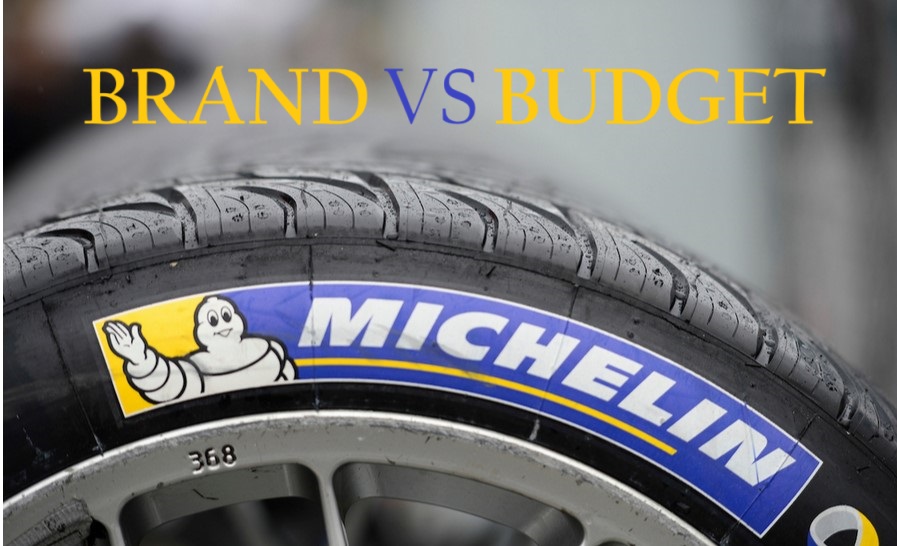Understanding Tire Warranties, What Every Consumer Should Know
Tire warranties provide essential protection and peace of mind for consumers, ensuring that tires meet quality and durability standards. Common types of warranties include: Treadwear Warranty: Covers premature wear and provides a pro-rated credit if the tire doesn’t last as long as promised. Limited Warranty: Covers defects in materials or

When investing in new tires, it's essential to consider not just the performance and cost but also the warranty that comes with them. A tire warranty can be a critical factor in your purchasing decision, offering peace of mind and protection against unforeseen issues. As the CEO of Typhoon Tire, I believe it's important for consumers to understand what these warranties entail and how they can benefit from them.
The Purpose of Tire Warranties
Tire warranties are designed to give consumers confidence in their purchase by ensuring that the product meets specific standards of quality and durability. Manufacturers issue these warranties as a commitment to the consumer, guaranteeing that the tires will perform as expected under normal conditions. Should the tires fail to meet these expectations, the warranty provides a remedy, typically in the form of repair, replacement, or credit toward new tires.
Types of Tire Warranties
Tire manufacturers offer several types of warranties, each addressing different aspects of tire performance. Understanding these can help you make an informed decision when buying tires:
-
Treadwear Warranty: This is the most common type of tire warranty, promising that the tire will last for a specified number of kilometers or miles before the tread wears down to a certain level. For example, an 60,000-kilometer treadwear warranty means that under normal conditions, the tire should last for this distance. If it wears out prematurely, the manufacturer may offer a pro-rated credit towards the purchase of new tires.
-
Limited Warranty: This general warranty covers defects in materials or workmanship. If a tire is found to have a manufacturing defect, the manufacturer will typically replace it within a certain period. This warranty usually doesn't cover damage from road hazards, improper maintenance, or normal wear and tear.
-
Uniformity Warranty: This type of warranty applies to issues with tire uniformity, such as vibrations or ride disturbances, which can occur during the early stages of use. If a tire exhibits these issues, the manufacturer may replace it within the first few hundred miles of use.
-
Road Hazard Warranty: Offered by some manufacturers and retailers, this warranty covers tires that are damaged by road hazards like potholes, nails, or glass. This type of coverage is usually optional and comes at an additional cost.
What’s Not Covered
It's important to note that tire warranties come with limitations and exclusions. Common exclusions include damage from road hazards (unless covered by a specific warranty), overloading, underinflation, and general wear and tear. Warranties also typically require that tires be rotated regularly and that the vehicle’s alignment is maintained according to the manufacturer’s recommendations.
Making the Most of Your Tire Warranty
To fully benefit from your tire warranty, it's crucial to follow the manufacturer's guidelines. This includes maintaining proper tire pressure, and ensuring your vehicle's alignment is correct. Keeping detailed records of these maintenance activities can be invaluable if you need to make a warranty claim.
In the event that you believe your tires have worn prematurely or have a defect, contact the tire dealer or manufacturer immediately. They will inspect the tires and determine whether the warranty applies. If it does, you may receive a replacement tire, a pro-rated credit, or other compensation as outlined in the warranty.
Conclusion
Tire warranties offer significant value and protection, but they are often misunderstood or overlooked by consumers. By understanding the different types of warranties available and what they cover, you can make more informed decisions and ensure that you get the most out of your tire purchase.
Remember, a tire warranty is more than just a piece of paper—it's a promise of quality and performance. Make sure you take full advantage of it.
Typhoon Tire
2450 Finch Ave. West, Unit 5A



